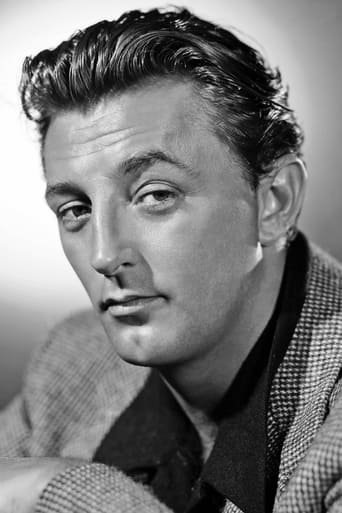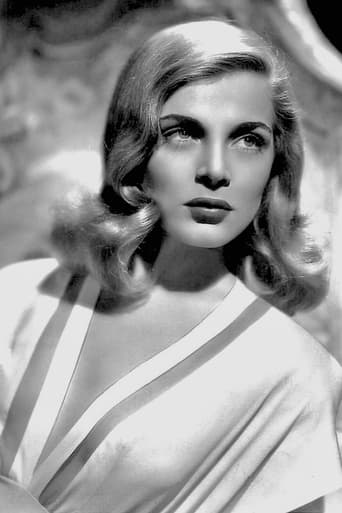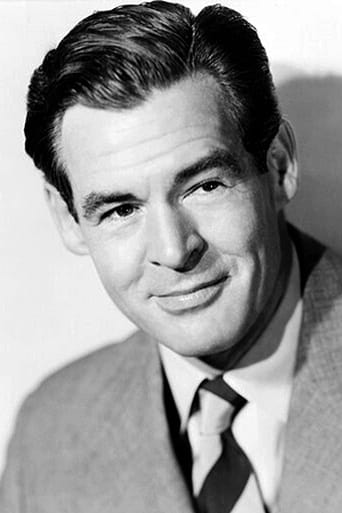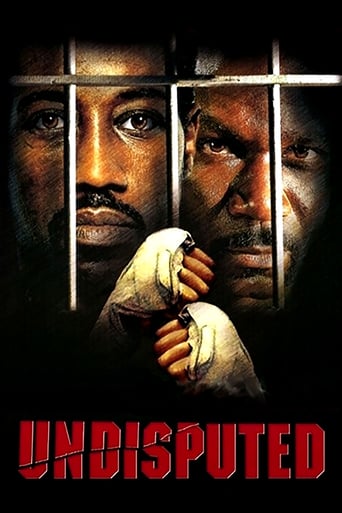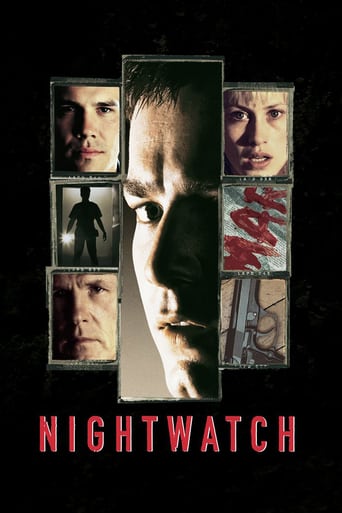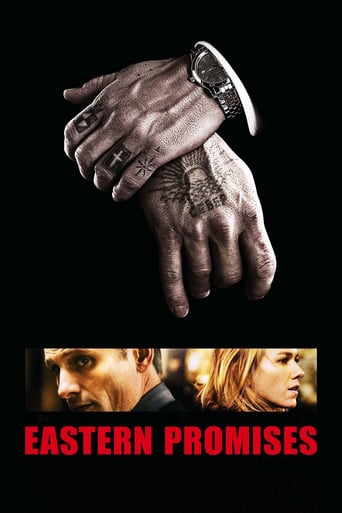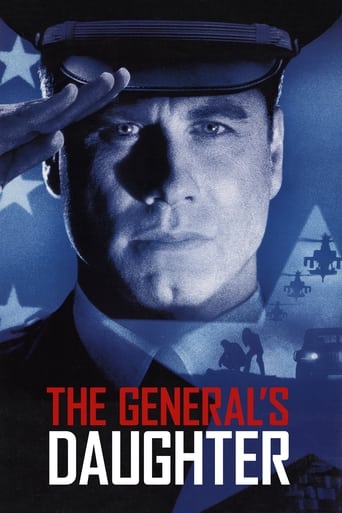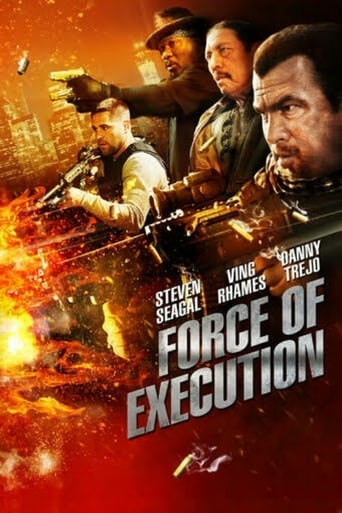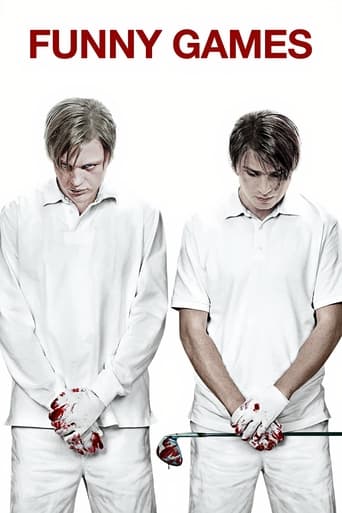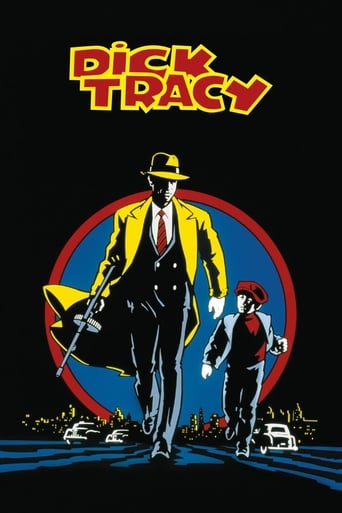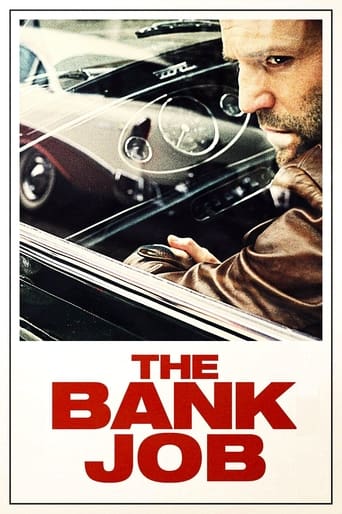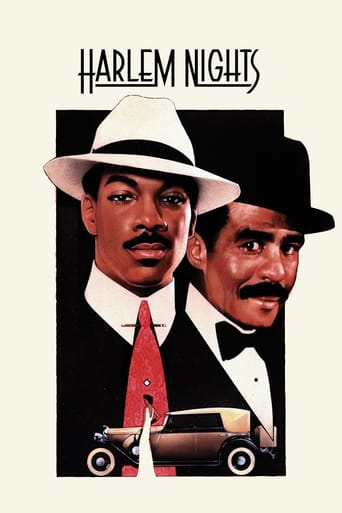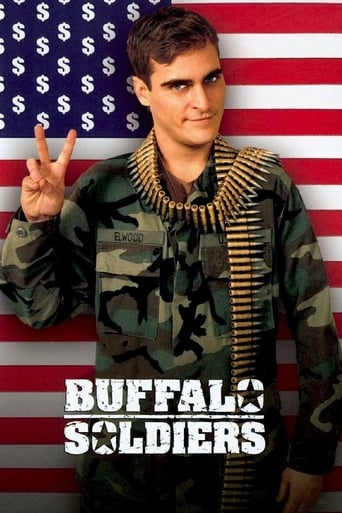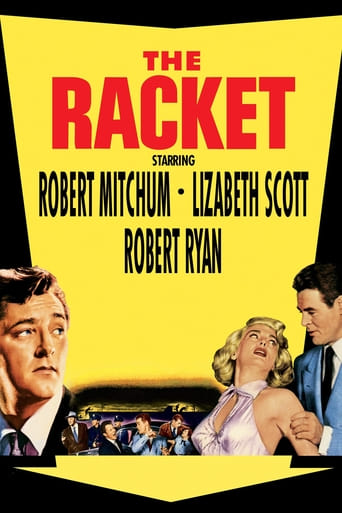
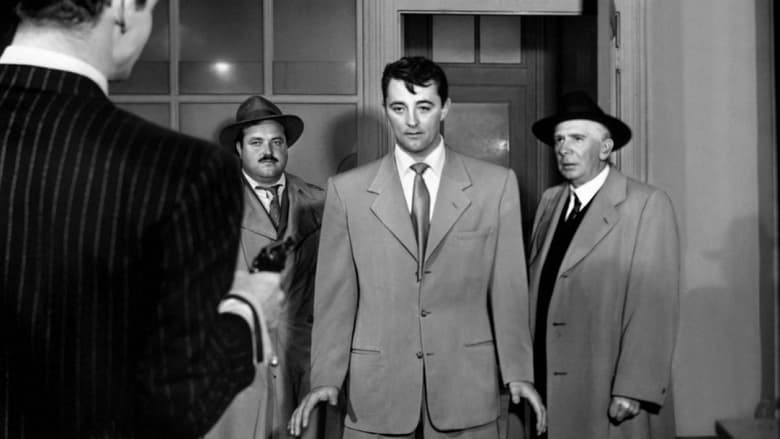
The Racket (1951)
The big national crime syndicate has moved into town, partnering up with local crime boss Nick Scanlon. McQuigg, the only honest police captain on the force, and his loyal patrolman, Johnson, take on the violent Nick.
Watch Trailer
Cast


Similar titles
Reviews
This is a surprisingly disappointing film for being a hardboiled noir about ruthless gangsters and established corruption. The leading gangster is Robert Ryan, who definitely dwarfs the quiet but pertinacious leading policeman Robert Mitchum, who is more calculating and subtle and therefore wins, while Robert Ryan is carried off guard by his own roughness. Ryan dominates the acting, though. But the one person who makes the film interesting at all is Lizabeth Scott with her suave voice and shifting standing, leaving you wondering where she really is, until she is forced by circumstances to land on one side. There is a great finale at the police station, which doesn't save the film from regular mediocrity. Only Lizabeth Scott makes it a little more than that.
Just a personal preference of mine, but I would like to have seen the roles of Robert Mitchum and Robert Ryan reversed in the story. I think Mitchum makes for a much better bad guy, but when all is said and done, they each pulled off their roles pretty successfully.You know what was kind of interesting? For all the talk of the 'old man' behind the scenes of the national crime syndicate, he never appeared on screen. He was often referred to by that moniker or simply as the 'chief', and his guy Connolly (Don Porter) even entered his office once at the Acme Real Estate Company, but the guy remained a mystery throughout. Sounds like a maguffin to me.As an incorruptible cop, Captain McQuigg (Mitchum) makes it personal with Nick Scanlon (Ryan), the one time city crime boss who finds himself subservient to the dictates and operating style of the old man. You know, I couldn't quite figure out how the old man kept his lieutenants under his thumb without resorting to the violence rout. Sure he had a lot of politicians and cops in his pocket, but every once in a while it would seem some muscle would be required. Still, you can't be a hothead like Scanlon was, or you wind up like Sonny Corleone.The story had me slightly confused at one point, when McQuigg got back to the Seventh Precinct Station right after the hood he was tailing fell off the roof, a desk officer tells him that District Attorney Rogers is waiting for him in his office. By that time, we had already seen the billboard touting D.A. Mortimer Welsh (Ray Collins) for district judge. Then, Nick Scanlon kept the confusion going by continually referencing Welsh as 'Judge', probably figuring it was a foregone conclusion. Or maybe it was just Scanlon's style to choose his words inaccurately, he kept calling Irene Hayes (Lizabeth Scott) a 'tommy', but nobody seemed to react to it. Oh well.The story ends with most of the bad guys getting their due. One knows that taking down Scanlon had to be part of the resolution here, but it was more than fitting that D.A. Welsh and his crony Turk (William Conrad) would be served subpoenas for all the graft and corruption they were involved in. The picture closes with Captain McQuigg's doleful lament about the slow, constant struggle to keep the gears of justice sand free. It's too bad Johnson (William Talman) didn't make it to the end of the picture, I was really looking forward to his explanation on how two dead mugs wound up in his living room.
Slightly above average crime drama with Film-noir elements that has some outstanding highlights and some very pedestrian lowlights.A couple of realistic action pieces and a vile, nasty performance from Robert Ryan are negated by some contrived side elements and stiff political posturing, and very weak love interests.Surprisingly the real bad guy..."the old man" who is the head of the crime syndicate is never brought to justice, or for that matter even identified. This is an intentional cover-up by the filmmakers and deliberately deflected at the end. As if to say, no matter how many of these street thugs we arrest, the master criminals of the Racket are above the law.This was a bold "oversight" slipped in, from an industry that was hand-cuffed by a code that stated...CRIME DOES NOT PAY. Very clever.
"The Racket" is a fast moving story about organised crime, political corruption and a dedicated police officer's struggle to restore the rule of law and order to a Midwest City, which is almost totally, in the grip of a national crime syndicate. Although this was a remake of a 1928 silent movie of the same name, it had some topical relevance in the early 1950s because television coverage of the Senate Committee hearings on organised crime (which were chaired by Senator Estes Kefauver) had captivated audiences on a large scale and made the general public at that time, sharply aware of how crime syndicates were operating.For dramatic purposes, the battle between good and evil is symbolised by the longstanding conflict between two men on different sides of the fence. Police Captain Tom McQuigg (Robert Mitchum) is the tough incorruptible cop who's determined to break the syndicate's stranglehold on the city and Nick Scanlon (Robert Ryan) is the local crime boss who's had to adjust to working for the syndicate since they've taken over the city.The syndicate wield immense power because they have a large number of politicians and law enforcement officers on their payroll and this power has frequently been used against McQuigg as he's repeatedly been transferred to unattractive jobs because of his stubborn refusal to be bribed into co-operating.When Scanlon becomes convinced that a man called Roy Higgins (Howard Chamberlain) has been spilling information about the syndicate to the State's Crime Commission, he arranges for one of his thugs to kill him. This action doesn't go down well with the syndicate who favour more sophisticated ways of dealing with trouble and they repeatedly try to get Scanlon to leave his old fashioned methods behind. Despite all their efforts, however, Scanlon is too entrenched in his ways to change and his continued use of violent methods becomes a constant source of tension between them.After a bomb explodes outside McQuigg's house and two suspects are chased by the police, one of the men gets trapped on a rooftop and fights with McQuigg before accidentally falling to his death. McQuigg is convinced that the other suspect was Scanlon's brother Joe (Brett King) and so sends an officer called Bob Johnson (William Talman) to find Joe and bring him in for questioning. Johnson arrests Joe for stealing a Rolls Royce that's in his possession and also arrests his girlfriend, a nightclub singer called Irene Hayes (Lizabeth Scott) as a material witness.The openly corrupt D.A. Mortimer X Welch (Ray Collins) quickly pulls the necessary strings to get Joe released from custody but no similar help is given to Irene Hayes because Scanlon doesn't like her. She reacts angrily to Joe's and the syndicate's lack of concern for her by threatening to spill the beans about Joe's involvement in Higgins' murder and this, in turn, sets off a sequence of events which lead to Scanlon's influence in the city being brought to an abrupt end.Robert Mitchum and Robert Ryan both give really muscular performances as the two extremely determined adversaries and Ray Collins and William Conrad (as Welch's special investigator) are excellent in their supporting roles.


